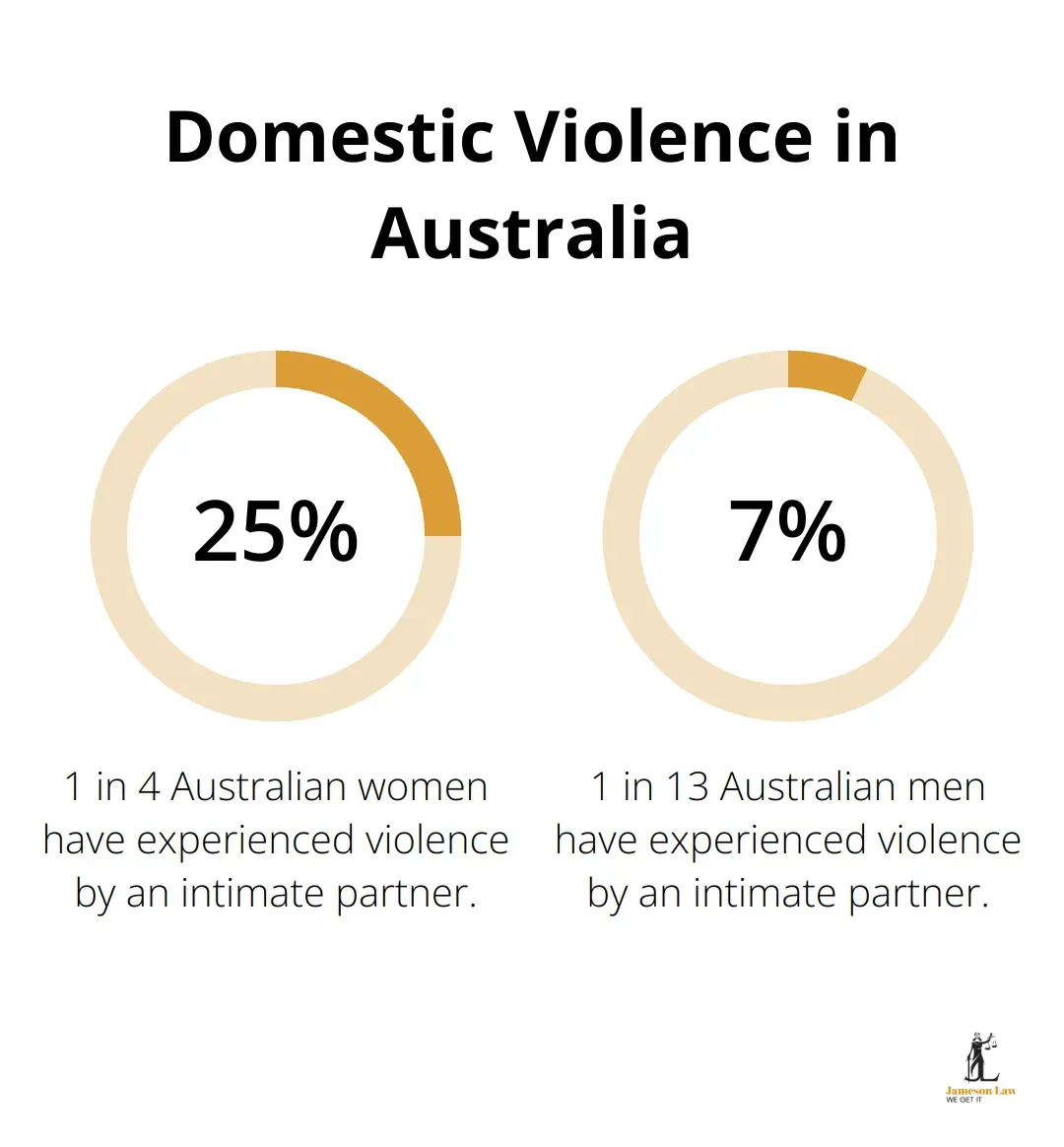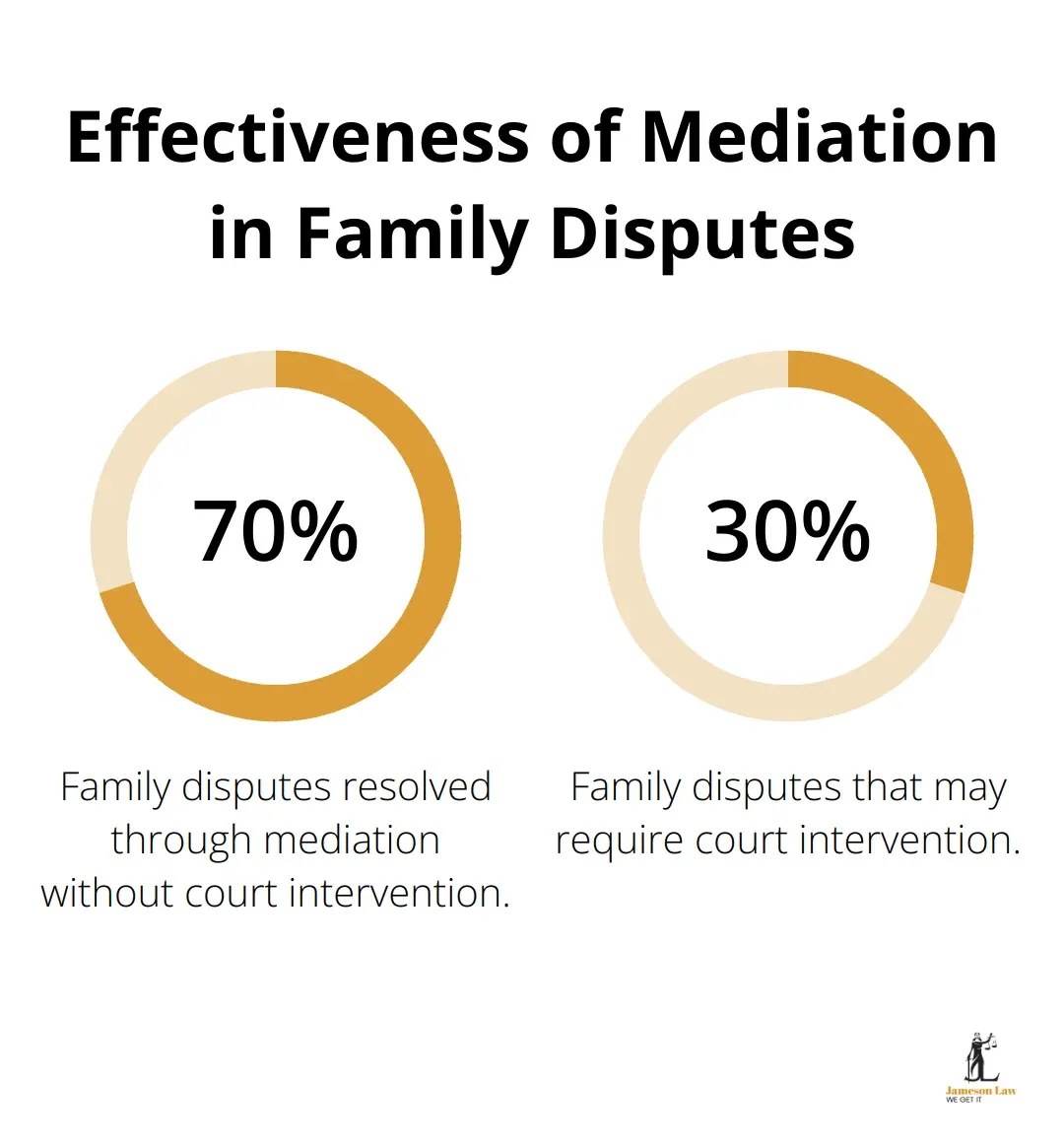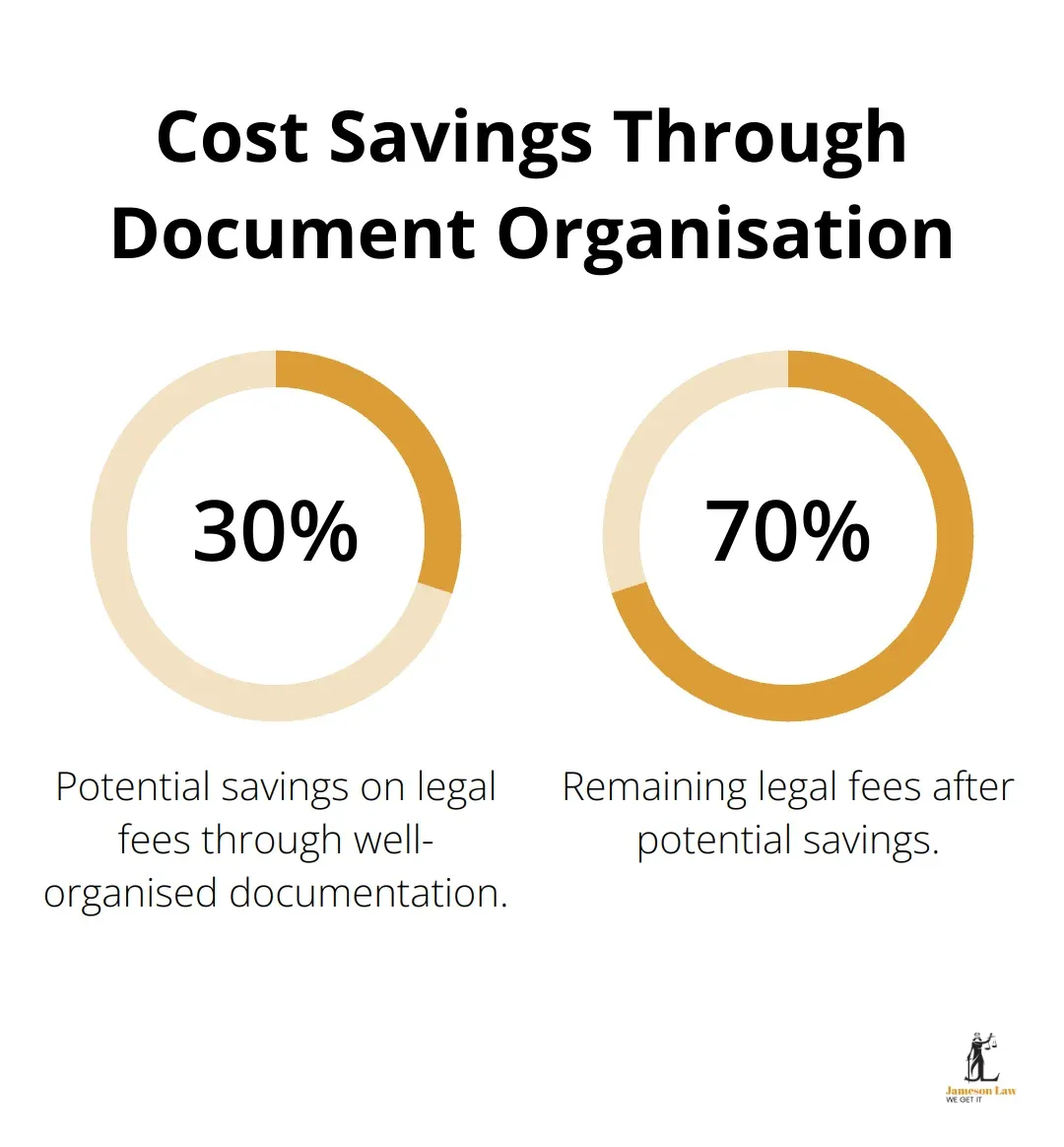Family law matters can be emotionally and financially draining. Many people avoid seeking legal help due to cost concerns, potentially jeopardising their rights and outcomes.
At Jameson Law, we understand the need for affordable family law services. This guide explores practical ways to access quality legal support without breaking the bank.
What Does Family Law Cover?
The Scope of Family Law
Family law encompasses a broad range of legal matters that affect families and domestic relationships. At its core, family law addresses issues such as divorce, property settlement, child custody, and spousal maintenance. However, the scope of family law extends far beyond these common areas.
Complex Family Structures
Modern families come in all shapes and sizes, and family law has adapted to address the legal needs of diverse family structures. This includes de facto relationships, same-sex partnerships, and blended families. Family lawyers handle matters like adoption, surrogacy agreements, and disputes over reproductive rights.
Financial Aspects of Family Law
Money matters often form the heart of family disputes. Family lawyers help clients navigate complex financial issues such as asset division, superannuation splitting, and business valuations in the context of separation. They also assist with prenuptial agreements (known as Binding Financial Agreements in Australia), which can protect assets in case of a relationship breakdown.
Domestic Violence and Protection Orders
Family violence remains a significant issue in Australia. Family lawyers play a crucial role in helping victims obtain Apprehended Violence Orders (AVOs) or Domestic Violence Orders (DVOs) to ensure their safety. 1 in 4 Australian women has experienced violence by an intimate partner in their lifetime, while 1 in 13 Australian men has also experienced this.

Child-Related Matters
When it comes to children, family law prioritises their best interests above all else. This involves resolving disputes over parenting arrangements, child support, and relocation cases where one parent wishes to move away with the children. Family lawyers also deal with more sensitive issues like international child abduction cases and disputes over medical treatment for children.
Legal representation in family disputes is not just beneficial – it’s often essential. The family law system in Australia is complex, and navigating it without proper guidance can lead to unfavourable outcomes. A skilled family lawyer can help you understand your rights, negotiate effectively, and present your case in the best possible light.
Many people hesitate to seek legal help due to misconceptions about costs. While legal fees can add up, numerous ways exist to access affordable family law services. Legal aid, community legal centres, and pro bono services are available for those who meet certain criteria. Some law firms offer flexible payment options to make legal services more accessible.
Moreover, early investment in legal advice often saves money in the long run by avoiding costly mistakes and protracted legal battles. It’s important to view legal fees as an investment in your future rather than an unnecessary expense.
Now that we understand the broad scope of family law, let’s explore the various options available for affordable family law services.
Affordable Family Law Options
Legal Aid and Community Legal Centres
Legal Aid NSW assists thousands of people every year with legal issues and may use several tests to determine whether you are eligible for assistance.
Community Legal Centres (CLCs) are independent, not-for-profit organisations that offer free legal services to the public, especially those facing economic hardship. CLCs play a primary role in providing equity of access to legal services.
Pro Bono Services and Sliding Scale Fees
Many law firms offer pro bono services or sliding scale fees for clients who can’t afford standard rates. Pro bono work involves lawyers providing services for free or at a significantly reduced cost.
Sliding scale fees adjust the cost of legal services based on a client’s incomes and ability to pay. This approach makes quality legal representation more accessible to a broader range of people. When seeking legal help, ask about flexible payment options or reduced fee arrangements.
Mediation and Collaborative Law
Alternative dispute resolution methods like mediation and collaborative law can reduce costs compared to traditional litigation. The Australian Institute of Family Studies found that mediation resolves about 70% of family disputes without court intervention.
Mediation involves a neutral third party helping disputing parties reach an agreement. It’s often quicker and less expensive than going to court. The Family Court of Australia provides mediation services through its Family Dispute Resolution (FDR) program (mandatory for most parenting disputes before court action).
Collaborative law is another approach where both parties and their lawyers agree to work together to resolve disputes without court involvement. This process can save time and money while preserving relationships, which is particularly important in family law matters.

Choosing the Right Option
The best affordable family law option depends on your specific situation. Factors to consider include the complexity of your case, your financial situation, and the level of conflict with the other party. It’s important to explore all available options and seek professional advice to determine the most suitable approach for your circumstances.
Now that we’ve explored affordable family law options, let’s look at practical tips to further reduce costs in family law matters.
How to Cut Family Law Costs
Organise Your Paperwork
One of the most effective ways to reduce legal costs is to come prepared. Gather and organise all relevant documents before you meet with your lawyer. This includes financial records, property valuations, and any correspondence related to your case. A study by the Law Society of New South Wales found that clients who provide well-organised documentation can save up to 30% on their legal fees.
Create a clear timeline of events and compile a list of questions for your lawyer. This preparation allows your lawyer to work more efficiently, which reduces billable hours and saves you money.

Communicate Strategically
While it’s important to keep your lawyer informed, every phone call and email costs money. Be strategic about your communication. Compile your questions and concerns into a single email rather than sending multiple messages. When possible, communicate with your lawyer’s support staff for routine matters, as their rates are often lower.
Schedule regular check-ins with your lawyer to discuss progress and next steps. This approach can help you stay informed while you avoid unnecessary communication costs.
Consider Unbundled Legal Services
Unbundled legal services (also known as limited scope representation) allow you to hire a lawyer for specific tasks rather than full representation. This approach can significantly reduce costs while it still provides expert guidance where you need it most.
For example, you might hire a lawyer to review a settlement agreement you’ve negotiated yourself or to represent you in court while you handle other aspects of your case. Unbundled legal services can include free or low-cost legal advice from community legal centres or lawyers who offer fee relief to low-income families.
Prioritise Alternative Dispute Resolution
Alternative dispute resolution (ADR) methods like mediation can be more cost-effective and usually quicker than traditional litigation. ADR also offers privacy and confidentiality, which can be beneficial in family law matters.
Even if you don’t reach a full agreement through ADR, the process can help narrow down the issues in dispute, which reduces the scope and cost of any subsequent court proceedings.
Choose the Right Lawyer
Selecting the right lawyer is paramount to managing costs effectively. Look for a lawyer who specialises in family law and has experience with cases similar to yours. A specialist can often resolve issues more quickly and efficiently than a general practitioner.
Try to find a lawyer who offers flexible fee arrangements. Some lawyers provide options such as fixed fees for certain services or payment plans to help manage costs. Don’t hesitate to discuss fees upfront and ask for a detailed cost estimate before you commit to legal representation.
Final Thoughts
Family law matters can challenge individuals, but affordable options exist. Legal aid, community legal centres, pro bono services, and sliding scale fees provide access to quality legal support. Mediation and collaborative law approaches offer cost-effective alternatives to traditional litigation, often resulting in quicker resolutions.
Proactive steps can reduce family law costs significantly. Organising paperwork, communicating strategically with lawyers, and considering unbundled legal services help lower expenses. Choosing the right lawyer who specialises in family law and offers flexible fee arrangements (such as fixed fees or payment plans) is essential for managing costs effectively.
At Jameson Law, we understand the financial strain of family law matters. Our experienced family lawyers provide accessible and tailored legal support with flexible financing options. We strive to achieve the best outcomes for our clients while we navigate complex legal challenges, offering affordable family law services that protect your rights and interests.













